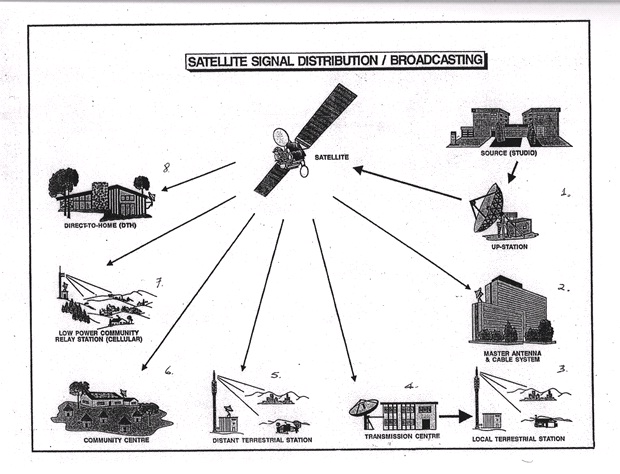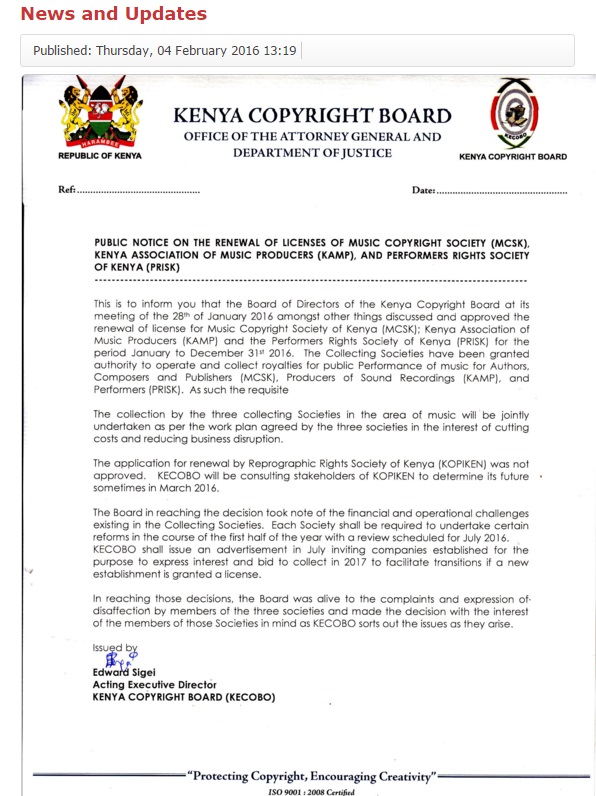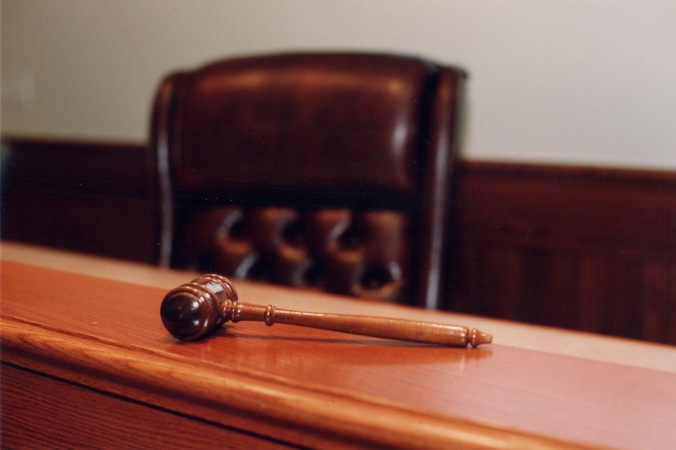
The raison d’etre of the collective administration or collective management system in copyright law is to bridge the gap between rights holders and users of copyright works. So, what happens when collecting societies, or as they are commonly called collective management organisations (CMOs), fail to carry out this core function and instead become poster children for corruption, mismanagement, lack of transparency, and abuse of power?
Back in 2013, Jonathan Band and Brandon Butler published an insightful article titled ‘Some Cautionary Tales About Collective Licensing’ which exposed the dark side of CMOs around the world. This blogger was pleased that some of our work in the context of CMOs in Kenya was featured in the article, specifically the on-going wrangles between Music Copyright Society of Kenya (MCSK) and literally everyone else including the copyright regulator, copyright owners, copyright users and even other Kenyan CMOs in the music industry.








